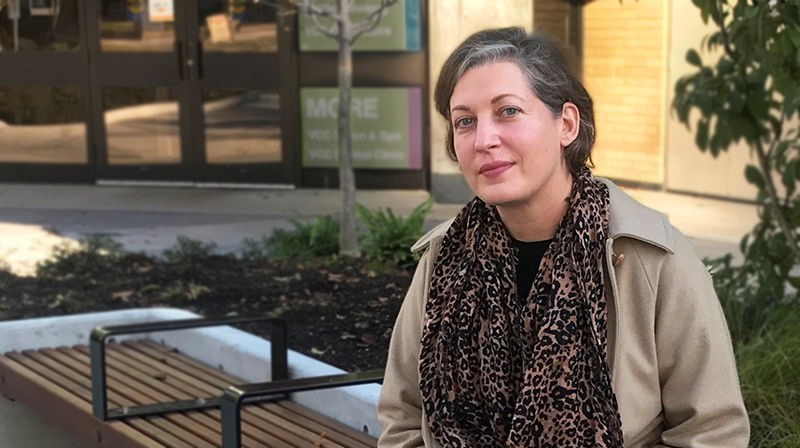 Vancouver Community College (VCC) is pleased to be participating in new, federally funded research into building capacity for respectful dialogue in B.C. communities.
Vancouver Community College (VCC) is pleased to be participating in new, federally funded research into building capacity for respectful dialogue in B.C. communities.
Social scientists agree that, in recent decades, social and political polarization has dramatically increased in communities around the world. Tragically, as people become more deeply divided around issues and topics, like-minded groups are becoming more segregated, antagonistic, and losing the ability to compromise or reach consensus.
The research project, entitled Courageous Dialogues: Building Capacity to Transcend Polarization in Civil Society, intends to make use of diverse community college environments to try and understand some of our most polarizing issues and topics, then work to determine what tools and supports could help bridge these gaps.
Courageous Dialogues was one of 28 successful proposals chosen earlier this year from 115 submissions and will receive $360,000 from the Community Colleges Social Innovation Fund via the Social Sciences Humanities Research Council of Canada (SSHRC). VCC Continuing Studies program coordinator Andrea Korens is working as a co-investigator in the project, which also includes staff and faculty from partners Capilano University and the Mir Centre for Peace at Selkirk College.
VCC Associate Director of Continuing Studies Claire Sauvé is also connected to project in her role as president of the Continuing Education and Training Association of BC (CETABC), another community research partner. According to Claire, colleges have the potential to play a significant role in promoting inclusivity, dialogue, and bridging social divides.
“As college educators, our influence in peoples’ lives goes beyond the classroom,” says Claire. “We also give students the skills to go out in the world knowing how to be compassionate, responsible members of society and engage in dialogue respectfully.”
During the first phase of the three-year research, Courageous Dialogues researchers will work closely with colleges and partner (literacy, neighbourhood) organizations and use engagement tools such as ThoughtExchange to gather community input on divisive issues. Using this input, researchers will then use equity, diversity, and inclusion (EDI) principles and conflict resolution practices to help develop things like staff training programs, public outreach, and community initiatives that will help our communities come together in greater understanding.